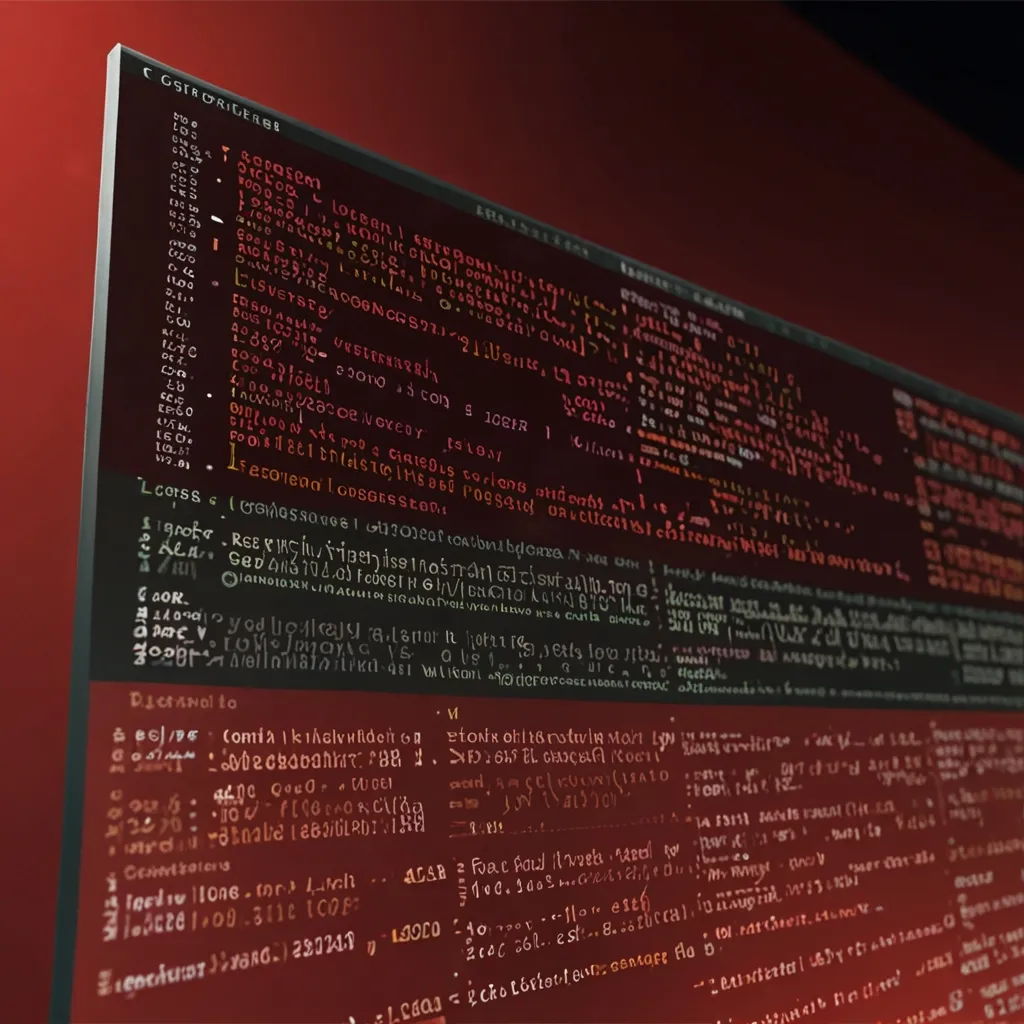So, let’s talk about programming languages. Often, developers find themselves on a never-ending quest for the perfect language. C++ has been around for quite a stretch now and many swear by it, thanks to its powerhouse combination of high-level abstraction and low-level control. But, let’s face it, it also comes with its tripwire of complexities and a learning curve that can make even the bravest of us a little dizzy. This where D comes into the picture – a potential fresher alternative aiming to combine modern features with a nod towards keeping performance intact.
Why We Need a Fresh Take
C++ isn’t just some ordinary language; it’s often the go-to for high-performance applications because it lets you control hardware directly without much runtime overhead. Despite these credentials, many developers feel bogged down by its complexity. It’s like trying to navigate a labyrinth blindfolded sometimes. This complexity has spurred the programming community to look for sleeker, more modern alternatives. Enter D, a language emerging from the shadows with promises of efficiency and a more user-friendly experience.
The Cool Bits About D
D is designed with the principles of simplicity, readability, and performance in mind. These features give D its edge over the mammoth that is C++. Let’s break down some of these cool bits.
One of the first things you’ll notice about D is its modern syntax. Unlike C++, D aims for clarity and reduces the boilerplate code that plagues traditional programming. Take the foreach loop, for example – it’s a godsend for iterating over arrays and collections, making the codebase less cluttered and easier to manage.
foreach (i; 0 .. 10) {
writeln(i);
}
Memory management can be the bane of a developer’s existence, and this is one arena where D shines by offering garbage collection. This automatic memory management feature helps reduce the usual suspects of memory leaks and dangling pointers. Yet, for those deeply invested in performance-critical sections, D doesn’t shy away from allowing manual memory management.
import std.gc;
void main() {
auto arr = new int;
// Use arr
GC.collect(); // Manual garbage collection
}
Concurrency is another sweet spot for D. Writing multi-threaded programs can be hair-pullingly stressful, but D includes built-in support for concurrency to ease that pain. Through the std.parallelism module, developers get a high-level interface for parallel programming, making efficient use of multi-core processors almost a breeze.
import std.parallelism;
void main() {
auto result = parallel(map!(x => x * x)([1, 2, 3, 4, 5]));
writeln(result); // [1, 4, 9, 16, 25]
}
D’s type system looks to be more expressive and safer than what you get with C++. Features like compile-time evaluation of functions (CTFE) and a robust template system make generic programming approachable without diving into the complex waters of C++ templates.
template isEven(T)(T n) {
return n % 2 == 0;
}
void main() {
static assert(isEven!(4)); // Compile-time check
}
Furthermore, interoperability with C and C++ is practically sewn into the fibers of D. You can merge D code seamlessly with existing projects, employing the strengths of both languages in one neat package.
extern (C) int add(int a, int b) {
return a + b;
}
void main() {
writeln(add(2, 3)); // Output: 5
}
Where You Might Wanna Use D
D is like the Swiss Army knife of programming languages, suited for a range of applications from low-level system programming to high-level scripting tasks.
In the realms of system programming, D’s modern features combined with its capacity for direct hardware control make it a solid choice for tasks such as device drivers and embedded systems. The language’s performance aspects coupled with built-in concurrency support also make it a strong candidate for scientific computing, where heavy lifting with complex algorithms is day-to-day fare.
Web development is another arena where D shines. With frameworks like vibe.d, D provides a high-level interface for building web applications efficiently and with less fuss.
The Vibrant Community and Ecosystem
While D might not yet be the darling of the programming world like C++, it’s steadily growing in popularity with a passionate community backing it. The language is constantly evolving and getting fresh features regularly. Its Phobos standard library is comprehensive, covering various tasks from file I/O to networking, ensuring you have the tools you need at your fingertips.
Wrapping It Up
D is more than just another language – it’s a modern marvel that offers both the agility of high-level abstraction and the control of low-level programming. Its improved readability, performance, and safer type system make it an attractive alternative to C++. Whether dabbling in system programming, diving into scientific computing, or even crafting web applications, D offers a compelling toolkit for today’s developer.
So, if you’re tired of navigating the maze that can be C++ and are looking for something a bit more 21st century without sacrificing performance, D might just be worth your while. With its vibrant community and growing ecosystem, D is on a trajectory to become a significant player in the programming world. It’s not just a language; it’s a fresh evolution in the ever-advancing universe of coding.






